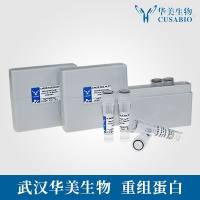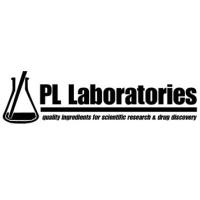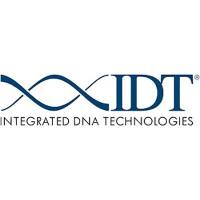Mutational Screening of hMLH1 and hMSH2 that Confer Inherited Colorectal Cancer Susceptibility Using Denature Gradient Gel Electrophoresis (DGGE)
互联网
642
Hereditary nonpolyposis colorectal cancer syndrome (HNPCC) is primarily due to heterozygous germline mutations in one of the mismatch repair (MMR) genes. Mutation screening for MMR genes with various techniques revealed that the majority of mutations identified are small DNA variations (83.8% in hMLH1 and 73% in hMSH2). Denaturing gradient gel electrophoresis (DGGE) is a sensitive, robust and powerful technique to detect small nucleotide variations and has been used for mutation screening for many years. The separation principle of DGGE is based on the melting behaviour of DNA molecules. In a denaturing gradient acrylamide gel, double-stranded DNA is subjected to a denaturant environment and will melt in discrete segments called melting domains. The melting temperature (T m ) of these domains is sequence-specific. Therefore, DNA containing a mutation will have a different mobility compared to the wild type. DGGE is the perfect method for mutation screening of large samples for unknown mutations. This is because it is user friendly, non-radioactive, cost-effective, less labour intensive and, more importantly, it is reliable and has a very high mutation detection rate. We have used DGGE to screen hMLH1 and hMSH2 mutations and have shown high detection rate.









